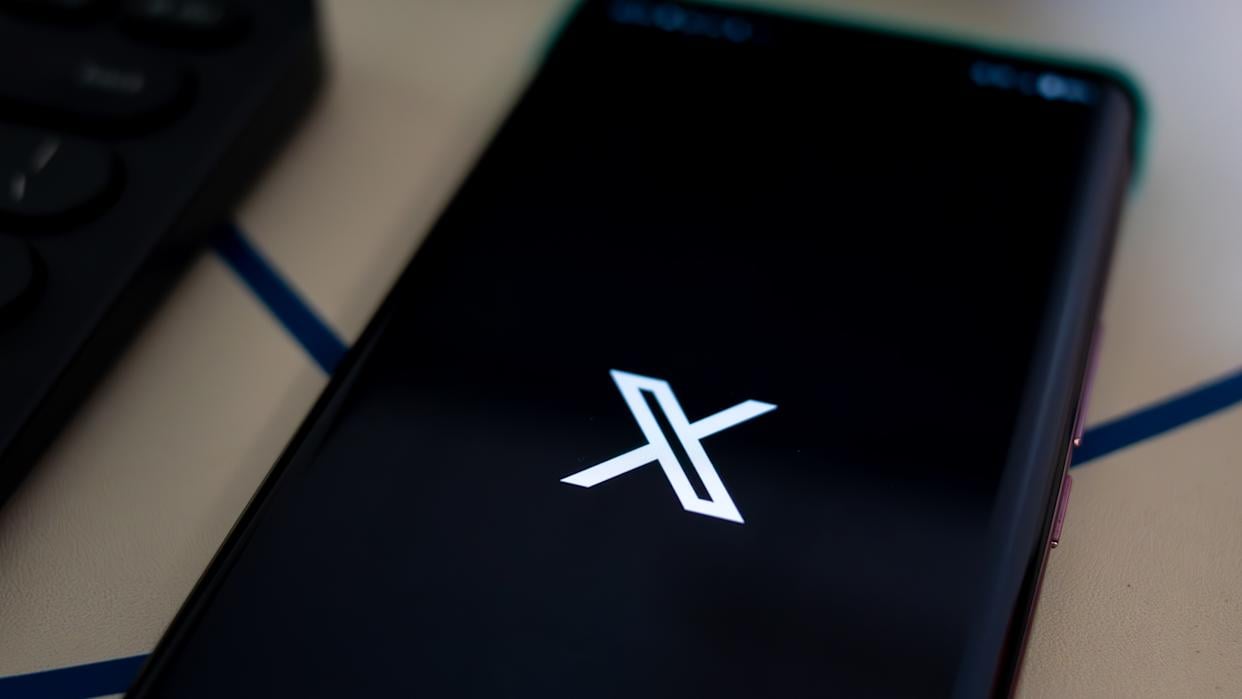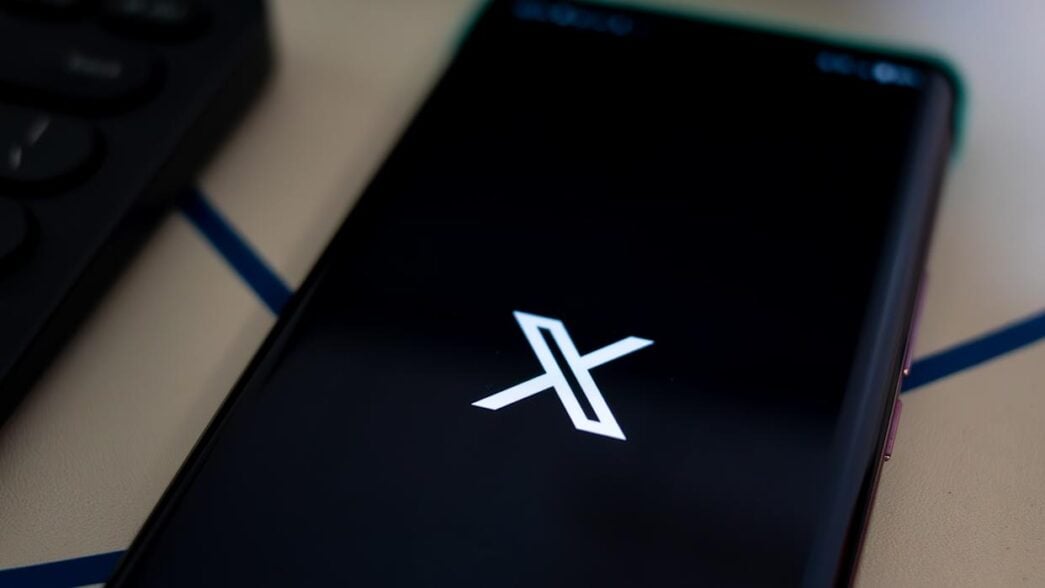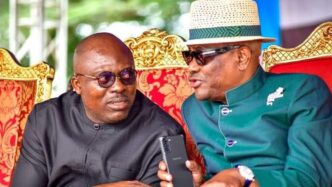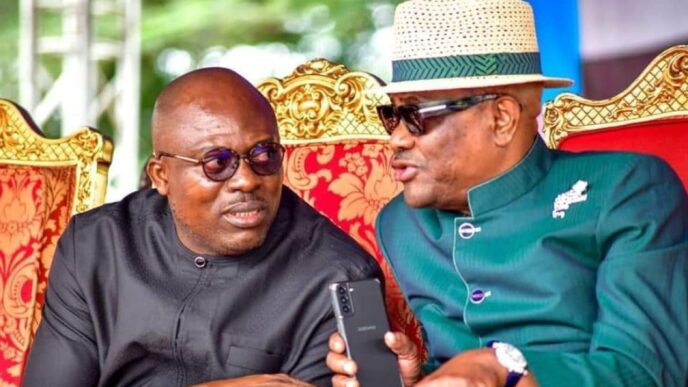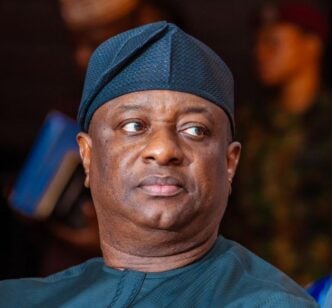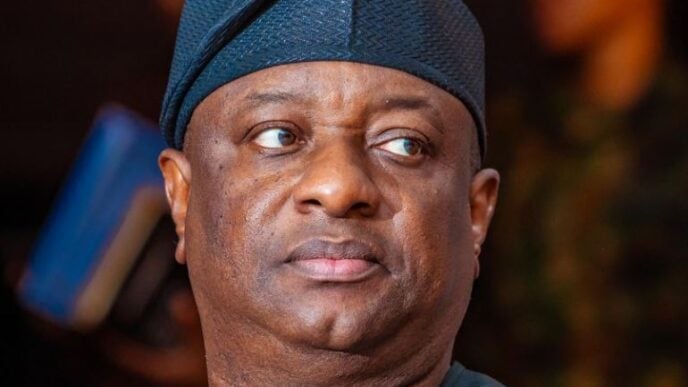If politics was once about rallies in stadiums and motorcades through dusty towns, today it often begins with a notification on your phone. A Space goes live on X (formerly Twitter), hosted by a familiar influencer, joined by hundreds or thousands of listeners. The topic might read, “Is Nigeria ready for real change in 2027?” or “Why our future depends on XYZ candidate.”
The hosts are not neutral. They are part of a growing class of political influencers who shape conversations, frame debates, and tilt perceptions, often while sitting on the payroll of politicians. In these Spaces, the real candidates are absent. Instead, hired voices speak for them, defending, attacking, or simply keeping their names trending.
This is the quiet revolution in Nigeria’s democracy: influence has become a commodity, and the 2027 general election will be its biggest marketplace yet. Influencing is not new in politics. In the 1990s, it was popular musicians and actors who lent their voices to campaigns, appearing in adverts or composing jingles. By the 2015 elections, WhatsApp groups had become powerful tools for spreading memes, audio clips, and rumours.
Today, X Spaces have taken that role. They mimic town halls, but unlike physical gatherings, they run daily, cost almost nothing, and can attract tens of thousands of participants from across the country and diaspora. The twist is that many are not spontaneous civic debates. They are planned, curated, and funded by campaign teams who understand that in an attention economy, controlling the conversation is more valuable than controlling the crowd.
Advertisement
It is an open secret in Abuja and Lagos: top influencers and popular Space hosts are on retainers from politicians. Some receive monthly stipends; others are paid per session, and a few sign short-term contracts to lead “online narratives” around specific controversies. But this is not always about political loyalty.
In a country where unemployment and underemployment remain stubbornly high, influencing has become a profession in its own right. Hosting Spaces, amplifying hashtags, and curating narratives are not just acts of partisanship — they are sources of income in a fragile economy. For many young Nigerians, the digital battleground is less about ideology and more about survival.
The method is simple. The influencer sets up a Space on a topical issue — the economy, corruption, security — and steers the conversation toward their patron’s talking points. Sometimes the goal is to promote their candidate as visionary and relatable. Other times, it is to discredit an opponent, amplify a scandal, or plant doubt about competence.
Advertisement
What appears as open conversation is often scripted drama. The moderators know who to invite as speakers, which X users to prioritise, and which dissenting voices to mute. The audience, unaware of the backstage dealings, leaves believing they have witnessed a raw democratic debate.
This is where the line between engagement and manipulation blurs. Political influencers do not just host Spaces; they also flood timelines with hashtags, memes, and clips extracted from those sessions. When amplified by bots or coordinated retweets, the impression is created that “Nigerians are talking about it.”
In reality, what is trending may be a narrative manufactured in a WhatsApp group, greenlit by a campaign office, and executed by a handful of influencers. It is not so different from radio propaganda of the past, except that now it feels more participatory — because you, the listener, can raise your digital hand to speak.
The irony is that these paid conversations borrow the same energy once used by organic movements like #EndSARS or feminist collectives, but instead of amplifying genuine civic voices, they mimic that grassroots aesthetic for profit and political gain.
Advertisement
The illusion of consensus is powerful. It reassures loyal supporters, confuses undecided voters, and pressures opponents into playing defence. In a country where perception often shapes reality, this has serious consequences.
While X Spaces is the arena for long-form debates, TikTok has become the battlefield of short, emotional clips. Here, paid influencers remix speeches, add dramatic background music, or cut soundbites to fit narratives.
A candidate can be made to look like a saviour with a 30-second video of a passionate speech. Or they can be ridiculed with a carefully edited clip highlighting a gaffe. These videos travel far beyond the political class, reaching young Nigerians who may never join a Space but spend hours scrolling TikTok.
Together, TikTok and Spaces create a cycle: Spaces generate raw material, TikTok packages it, and influencers circulate it until it becomes mainstream conversation.
Advertisement
In conversations with colleagues, I argued that the 2027 election will only deepen this trend, and three factors, in my view, make it inevitable.
First, Nigeria’s young population remains heavily online. More than half of registered voters in 2023 were under 35, and this demographic is most active on X and TikTok. To reach them, politicians must go digital.
Advertisement
Second, traditional media is losing dominance. Radio and television still matter, but their influence is declining, especially among urban youth. Campaign money will therefore flow more to online influencers than ever before.
Third, the memory of 2023 lingers. The Labour Party’s online surge, even if it did not translate fully into victory, proved that digital momentum can rattle entrenched structures. Every party now wants its own army of influencers, ready to dominate both daytime hashtags and late-night Spaces.
Advertisement
This means Nigerians should expect more curated debates, more trending hashtags, more “viral” clips — and more confusion about what is authentic and what is paid for.
Some argue that this is democracy at work: citizens engaging, technology levelling the field, voices previously ignored now amplified. That is partly true. But when money decides which voices trend and which ones fade, influence becomes another currency of power.
Advertisement
The risk is not just propaganda. It is the corrosion of trust. If citizens come to believe that every Space is paid for, every influencer compromised, and every trend artificial, they may stop trusting digital conversations altogether. That cynicism can breed apathy, and apathy is fatal to democracy.
So, where does this leave Nigerians? As always, with the burden of discernment. Citizens must ask hard questions when joining Spaces: Who is hosting? What are their affiliations? Why this topic, and why now? Beyond individual scepticism, listeners could also begin demanding transparency — urging influential hosts to declare their political ties or funding sources as a condition of credibility. In the same way journalists are expected to disclose conflicts of interest, audiences can apply similar standards to this new digital podium.
They must also diversify their sources of information, checking traditional media, independent platforms, and offline conversations. Critical thinking is the only defence against manipulation.
Technology is not going away. X Spaces and TikTok will remain central to political campaigns, just as WhatsApp and Facebook were in 2019. But the responsibility of separating truth from spin rests with the voter.
The political influencers of today are the new campaign foot soldiers. They do not share rice at polling units; they share narratives online. They do not carry megaphones at rallies; they moderate Spaces with thousands listening in.
Their influence is real, their power growing, and their methods increasingly sophisticated. As 2027 approaches, Nigerians must recognise that the election is not only being fought on the streets or in collation centres. It is being contested in the palm of their hands, through voices and videos crafted to persuade, to confuse, or to control.
The question is simple: will citizens remain passive consumers of these narratives, or will they demand honesty from those who claim to speak for them online? The answer may decide how Nigeria’s democracy evolves in this new digital age.
Victor Ejechi is the head of insights and storytelling at SBM Intelligence.
Views expressed by contributors are strictly personal and not of TheCable.

